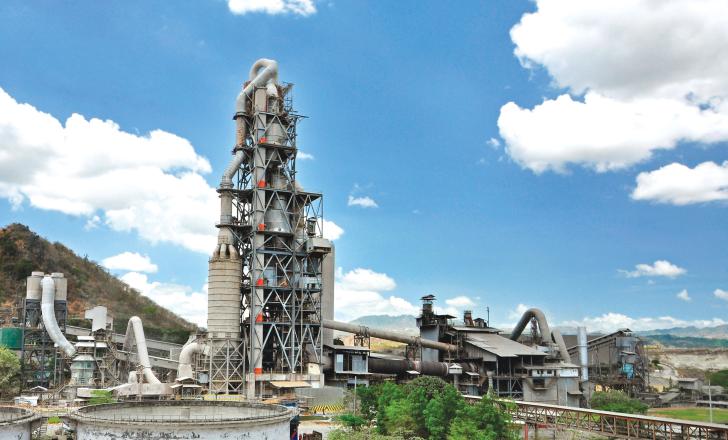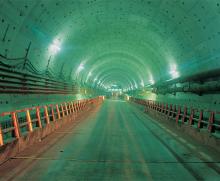Cemex in the Philippines is providing cement for the Millennium Road Project. This is part of a US$214million infrastructure package that will connect 15 municipalities in Samar, a province located in the country’s Eastern Visayas region. Phase one is expected to reach completion by November 2013. Cemex’s APO cement plant, which is situated strategically in the Visayas, will supply the required materials via its jetty port, considered the most modern facility of its type in the country to date. The project

Cemex in the Philippines is providing cement for the Millennium Road Project
Cemex in the Philippines is providing cement for the Millennium Road Project. This is part of a US$214million infrastructure package that will connect 15 municipalities in Samar, a province located in the country’s Eastern Visayas region.
Phase one is expected to reach completion by November 2013.The project is the result of an important public–private alliance between the Government of the Philippines and important local and global institutions, such as the
The Millennium Road Project’s first package comprises the rehabilitation of a 16km stretch of road, the replacement of one bridge, and the repair of two other bridges.
The road begins at the junction of the Pan Philippine Highway and Buray (Wright) in Western Samar and passes along mountainous terrain to Taft. From Taft, it continues southward along the coastline of Eastern Samar ending in Guiuan.
The total length of the road is approximately 222km, and the project is expected to make the road safer and help improve the lives of the residents in neighbouring communities.
The Philippines was one of the highlights of Cemex’s performance in the first quarter of 2013.
“The regional increase in cement volumes in Asia during the quarter reflects the positive performance of our operations in the Philippines,” said Fernando Gonzalez, Cemex executive vice president of finance and administration.
In 2012, the Philippines had GDP growth of 6.6%, the second largest rate in Asia, behind only China. In September 2012, Cemex announced that it is expanding the cement production capacity of its APO plant in the Philippines by 1.5 million tonnes/year, consistent with its strategy of placing assets in markets with opportunities for growth.
Through an investment of approximately US$60 million, the company has said that it will increase production and strengthen its distribution network to better serve high-demand areas throughout the country. The increase is expected to be operational by the first quarter of 2014. Only recently, the company said that it expects to invest approximately $100 million (approximately 700 million Egyptian pounds) to significantly improve its operations in Egypt and continue supporting the country’s housing, commercial and infrastructure development.
“CEMEX is constantly providing industry-leading building solutions that help improve the well-being of the people of Egypt,” said Menendez.
“This investment is expected to support the sustainable development of Egypt for many generations."





